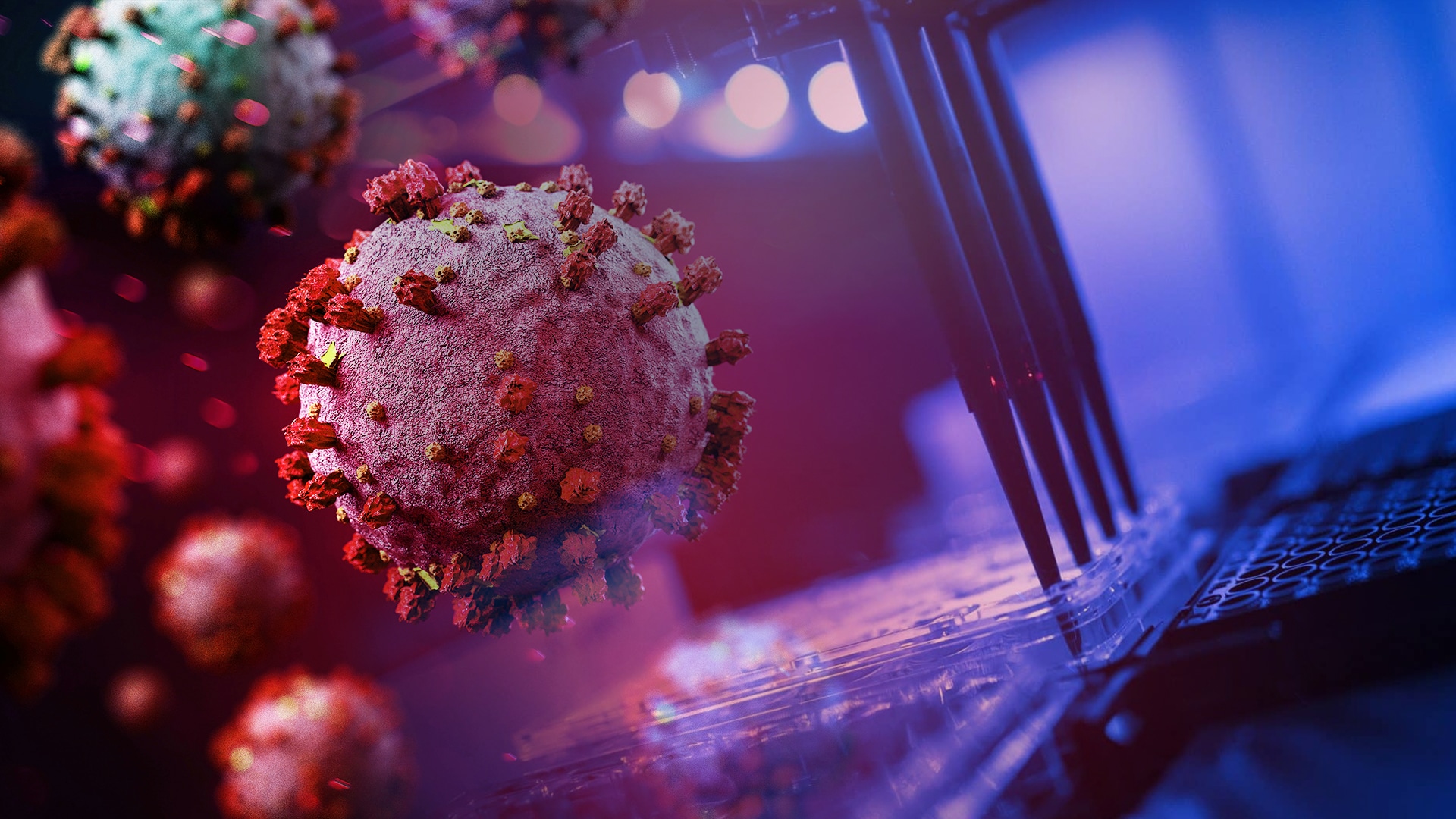Uppsala researchers contributes to the global COVID-19 Host Genetics Initiative
On June 8, results from a study, partly financed by the National SciLifeLab-KAW COVID-19 Research Program, were included in the Nature publication “Mapping the human genetic architecture of COVID-19 by worldwide meta-analysis”.
The study SweCovid, received funding from the National SciLifeLab-KAW COVID-19 Research Program in both 2020 and 2021 to investigate the mechanisms of acute and long-term organ dysfunction in critical COVID-19. The study is a collaboration between researchers at Uppsala University and The Karolinska Institute, and today results from this study are included in findings presented in the Nature publication Mapping the human genetic architecture of COVID-19 by worldwide meta-analysis.
“We are grateful for the opportunity to contribute to the COVID-19 Host Genetics Initiative with data from COVID-19 patients at Uppsala University Hospital. This type of global meta-analysis study illustrates the power of genetic studies in learning more about the COVID-19 pandemic, says Michael Hultström, researcher at Uppsala University.
In the study, nearly 50,000 COVID-19 patients and two million uninfected persons serving as a control were analysed. This makes the effort one of the largest genome-wide association studies ever made. The study reveals 13 loci in the human genome that are strongly associated with severe COVID-19. In addition, factors such as smoking and high body mass index was shown to play a role related to severeness of the disease.
The COVID-19 Host Genetics Initiative applied a working model of international collaboration, with patients from 19 countries which proved to be an efficient method and provide a blueprint for future genetic discoveries during a pandemic or in the study or other complex disease.





